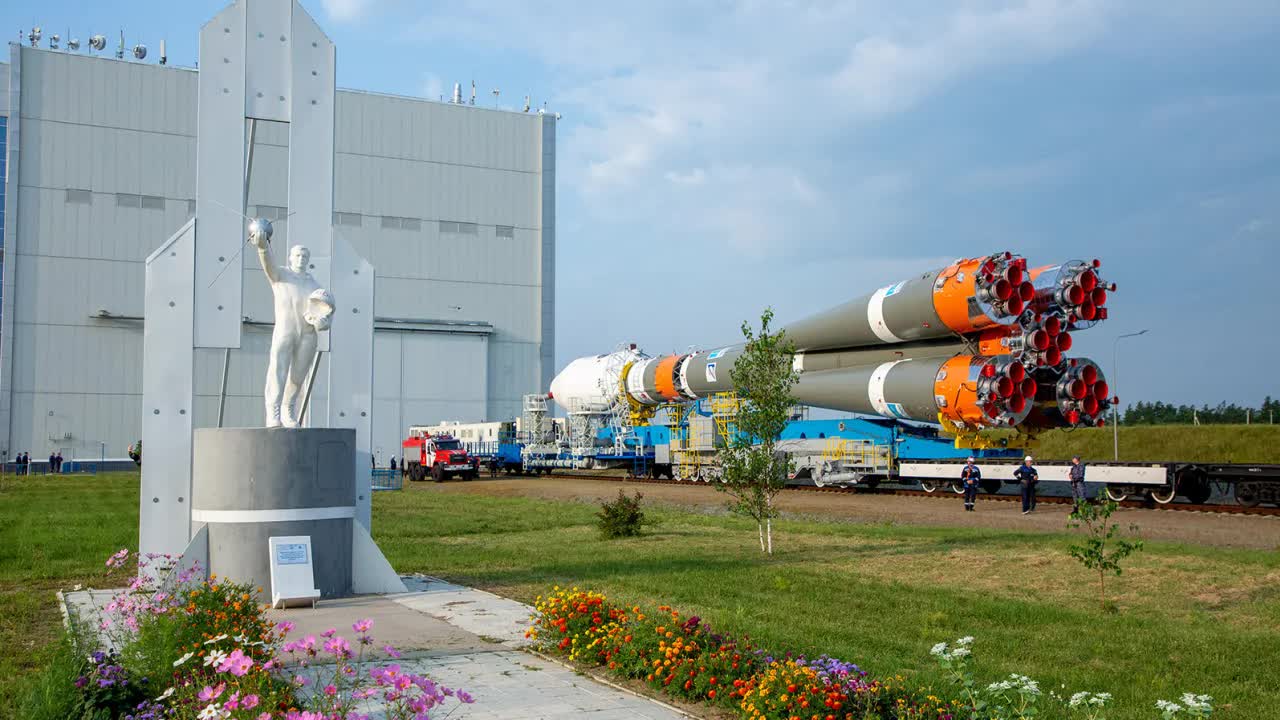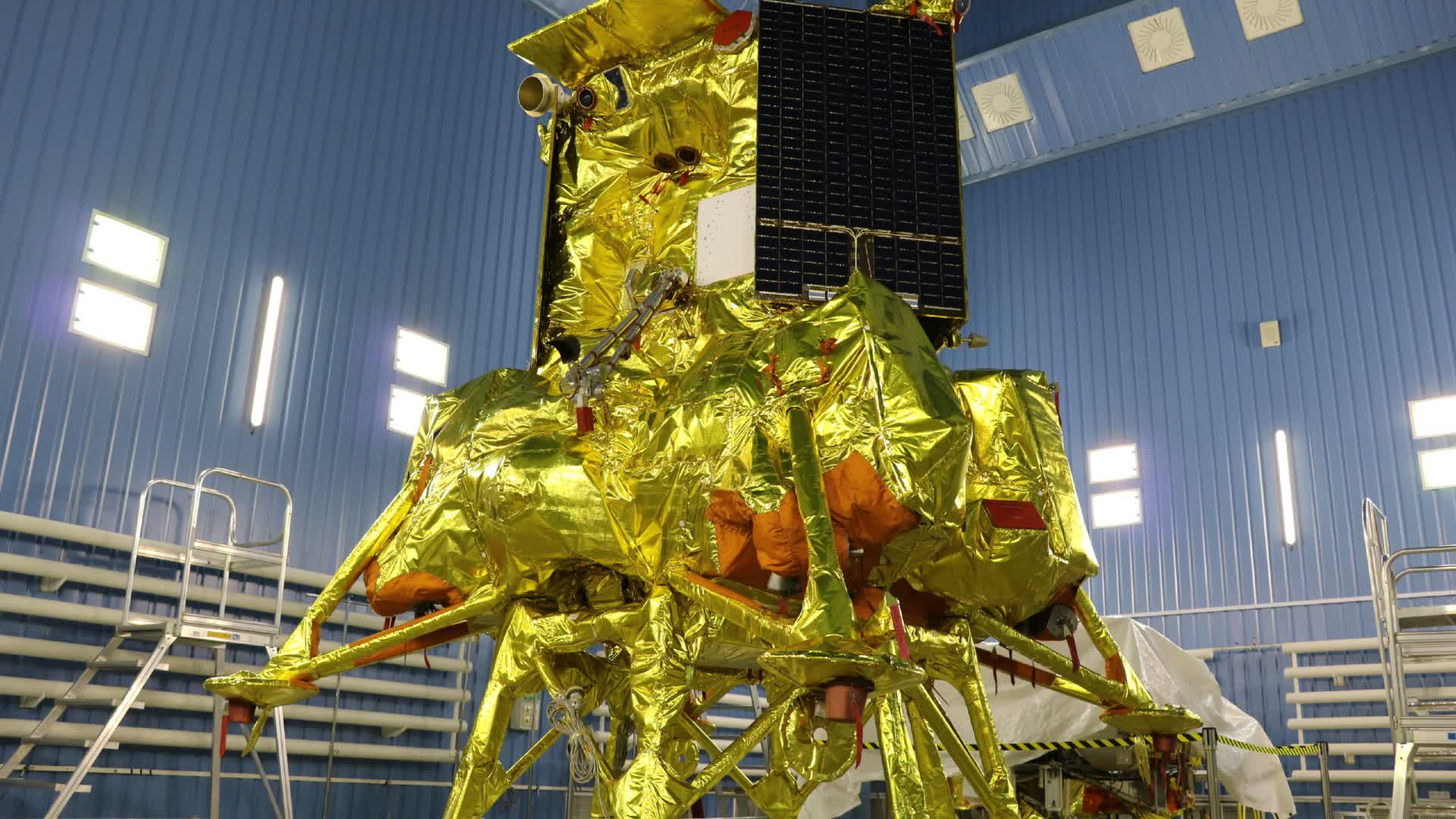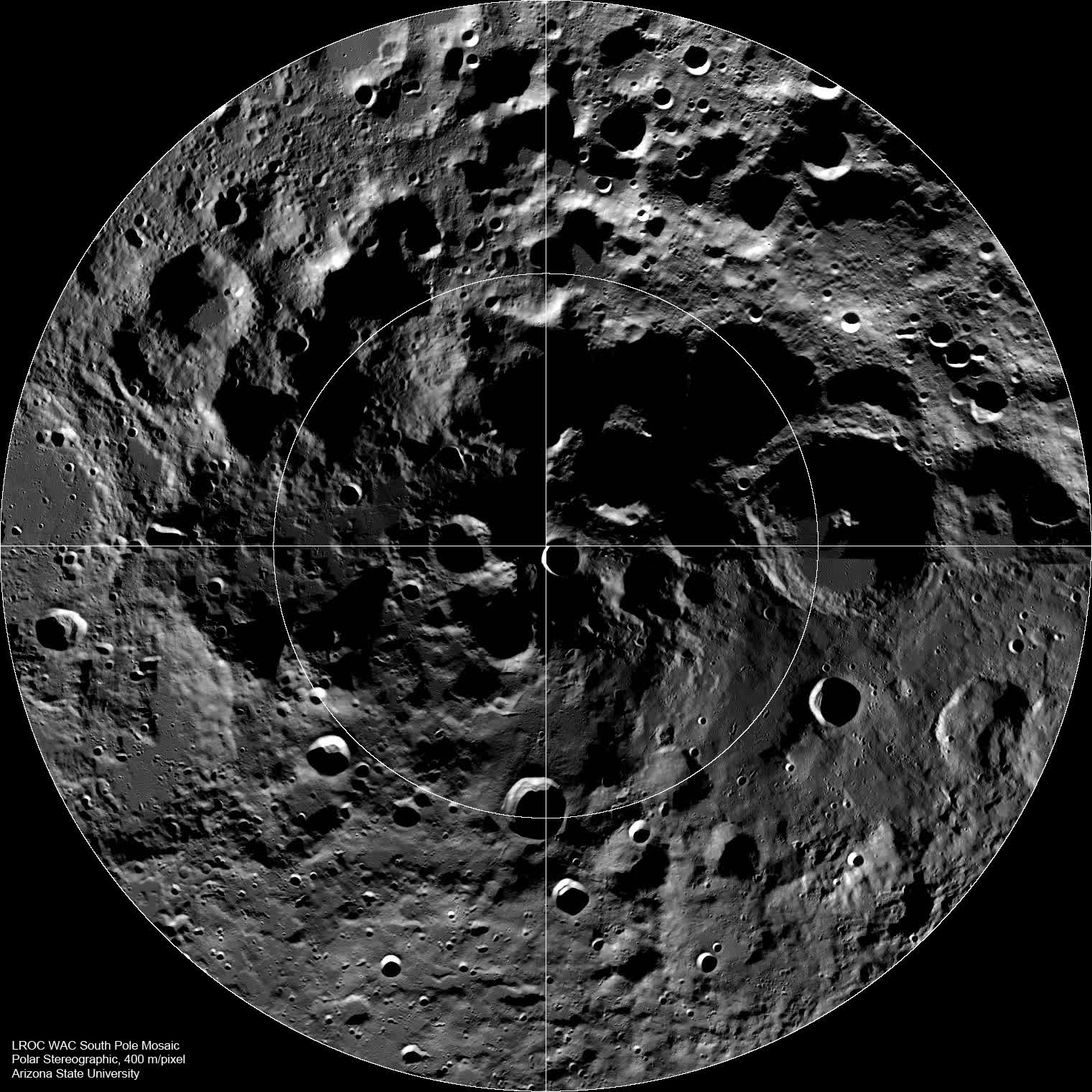What just happened? The lunar south pole has become the latest prize in the space race between several competing countries. Earlier this month, Russia launched its first lunar lander in 47 years to explore the moon's polar region. However, the mission was met with complications while preparing for its scheduled landing on the lunar surface.
Russia's Roscosmos space agency launched its Luna-Glob lander, later renamed LUNA-25, from the Vostochny Cosmodrome on August 10 aboard a Soyuz 2.1b rocket. The mission was scheduled to touch down on Sunday following its 10-day trip to the Moon's south pole.
However, on Saturday, Roscosmos officials stated that the lander experienced unspecified issues when attempting to begin its pre-landing orbit. In a Telegram message, officials said that an abnormal situation occurred during the operation, resulting in the craft's inability to perform planned maneuvers within the specified mission parameters resulting in a crash.

"...the apparatus moved into an unpredictable orbit and ceased to exist as a result of a collision with the surface of the Moon," said Roscosmos.
The crash marks an unfortunate failure for Russian lunar exploration and gives India's Chandrayaan-3 a chance to reach the pole first. Chandrayaan-3 is the successor to India's previous landing attempt, Chandrayaan-2, which also crashed into the lunar surface after a software glitch caused the craft to deviate from its trajectory and smash into the lunar surface in 2019.
Russia and India are not the only countries targeting the Moon's south pole. The United States and China are also racing to land crewed missions in the same region, hoping to establish a foothold and leverage the area's suspected natural resources. Scientists believe the location contains abundant frozen water, providing astronauts with a critical survival component and ingredient used in producing rocket fuel for future missions to Mars and beyond.
Resource gathering and positioning are the primary drivers in the race to the lunar south pole. However, there are also concerns that China might attempt to claim the territory should it be the first to establish a foothold in the region. If it does, other nations could potentially lose any ability to develop a human presence or access the critical resources needed for further space exploration.
The loss of the LUNA-25 lander may not be the nail in the coffin for Russia's space program, but it is a significant setback. Roscosmos hoped the mission would prove the country is still a viable player in the space race despite the sanctions levied against the country and the overall cost of the war in Ukraine. Instead, it puts Russia in an even more delicate situation that could impact future lunar missions and its downstream access to the moon's natural resources.

